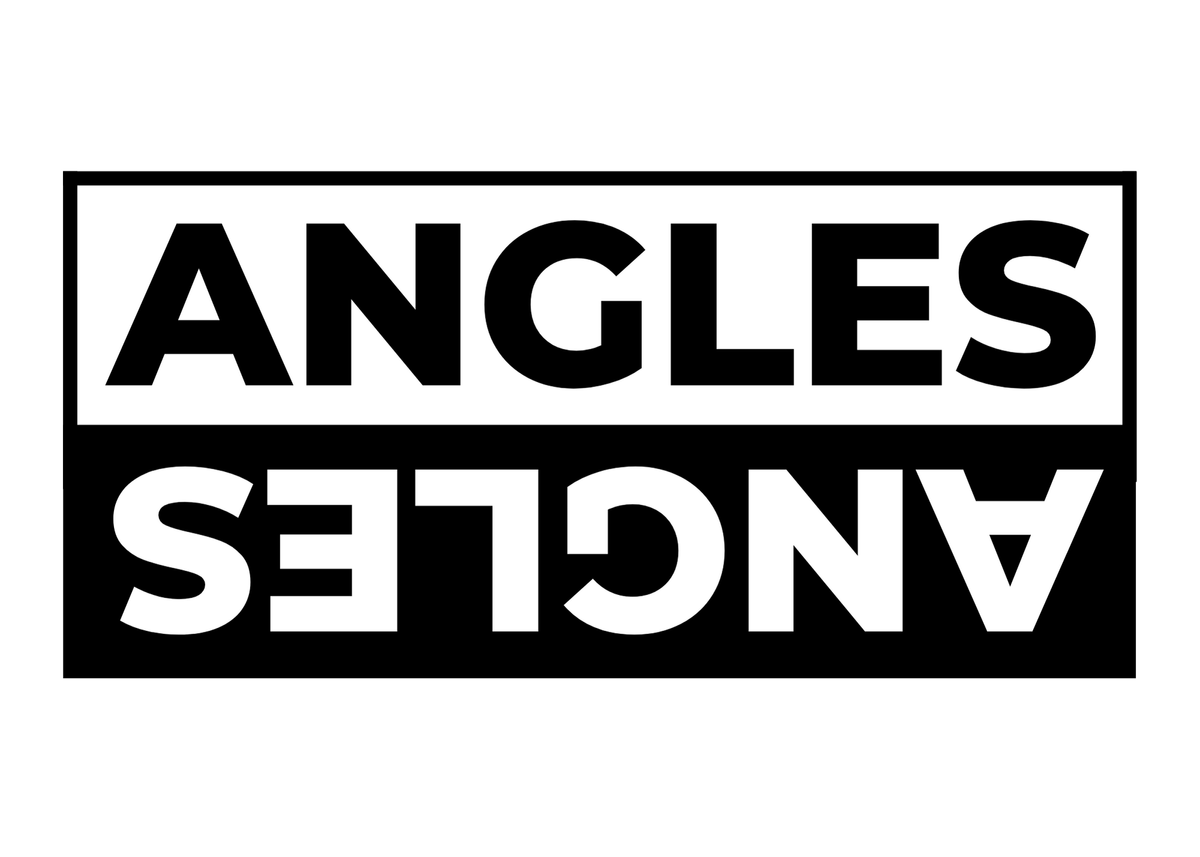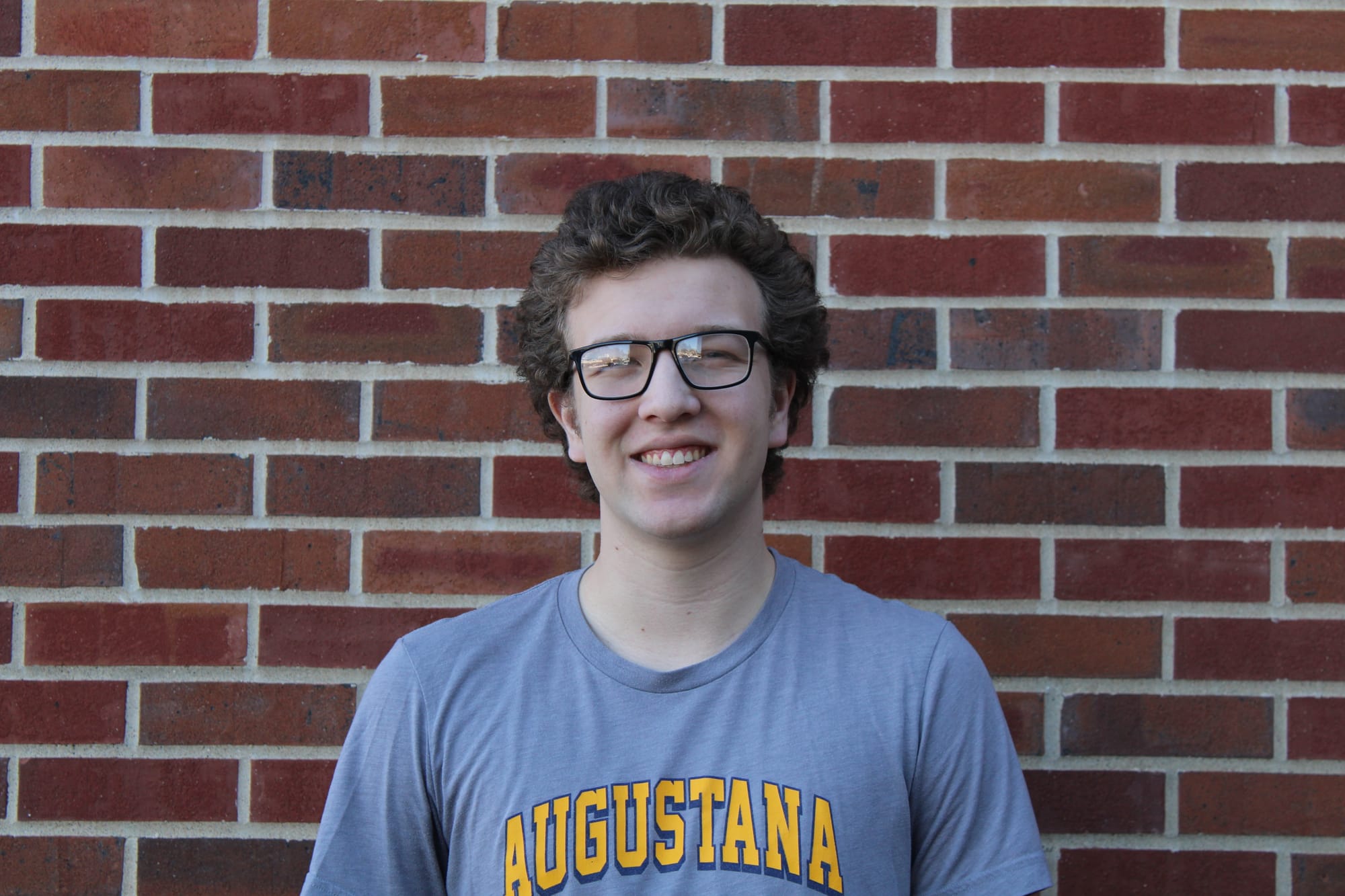Should South Dakota legalize statewide sports betting?

Later this month, arguably the largest sports betting event in college sports, March Madness, will inspire the making of both official and unofficial brackets.
Current South Dakota law only allows sports betting in Deadwood and tribal casinos in person and bets can only be placed on professional teams and out-of-state college teams (not individual players). As a result, March Madness pools in the state are technically illegal outside of Deadwood casinos.
As legal sports betting is relatively new legislation in South Dakota, it is worth considering whether sports betting ought to be legal across the state.
Those in support of legal sports betting argue that it will bring in revenue and increase interest in local sports.
Others worry about the danger that sports betting might cause or agree that the practice ought to stay localized in Deadwood.
For those who plan on filling out a bracket in the coming weeks, it might be worth thinking about the broader context of the activity.
Yes, betting brings in revenue
Xavier Carbonneau
In September 2021, South Dakota legalized sports betting. Strangely though, sports betting can only be conducted in Deadwood and tribal casinos on professional sports, allowances that don’t go far enough.
South Dakota should legalize sports betting across the state and end the prohibition of minor league and in-state college sports betting.
The strongest argument for sports betting legalization may be that South Dakotans want to bet on sports. 58% of South Dakotan voters approved of Senate Joint Resolution 501 in Nov. 2020, which amended South Dakota’s state constitution to allow for sports betting.
Support for sports betting has only grown since, with 66% of Americans approving of legalizing betting on professional sporting events in 2022 compared to 55% in 2017, according to Washington Post-University of Maryland polls.
In a democracy, the government has a responsibility to represent its constituents. Legalizing sports betting is a part of that responsibility.

With South Dakota’s 9% gaming tax rate, legalizing sports betting across South Dakota would also significantly increase tax revenue. According to the Rapid City Journal, in 2022, South Dakota brought in a measly $101,348 in sports betting tax revenue — the least of any state with legal sports betting. Wyoming, with less than 64% of South Dakota’s population, made $955,085: almost ten times as much.
These figures indicate that South Dakotans are not doing all of their sports betting in Deadwood.
Residents of Sioux Falls, the most populous city in South Dakota, almost certainly find it easier to drive to Iowa than make a six-hour trip to Deadwood to place a wager. It likely doesn’t help that even in Deadwood, fans can’t bet on minor league sports or South Dakota’s college teams. Fans of the Sioux Falls Skyforce or Augustana Vikings must cross state lines to bet on their favorite teams.
Those who don’t care to drive may instead bet illegally with a bookkeeper or offshore sites. Research from the American Gaming Association finds Americans illegally wager $64 billion on sports every year, losing states a $700 million in tax revenue.
Creating easy, legal ways to bet on sports has been shown to reduce illegal gambling. Since the federal ban on sports betting was struck down in 2018, illegal sports betting has already dropped more than 57% nationwide from $150 billion annually.
Detractors may worry that easy access to online gambling may make more problem gamblers, but sports betting is already available and widespread both online and in-person illegally.
Legalizing sports betting will make it easier for problem gamblers to get help without worrying about legal repercussions and pave the way for better education in schools on the dangers of gambling, similar to how students are taught about responsible alcohol usage.
Others are concerned that sports betting on minor league and collegiate games could lead to fixed games, which have pre-determined and illegal results. The opportunity to rig sports for profit already exists, so loosening sports betting restrictions won’t exacerbate the existing problem.
Like it or not, sports betting is here to stay, and South Dakota will have to learn to deal with it. Allowing other states to take potential tax revenue and ignoring illegal sports betting is not an option.
No, betting is dangerous
Jocelyn Baas
Sports betting was just legalized in South Dakota… sort of. The industry launched in September 2021 in a limited fashion, and there’s no good reason for it to go any farther than it already has.
Since the federal legalization of sports betting in 2018, 38 states have partially or completely legalized the sports betting industry, and South Dakota is one of them. Currently, on-site bets can theoretically be placed on professional sports through commercial casinos in the city of Deadwood or through tribal casinos.
The centralization of the South Dakota sports betting industry around Deadwood is a good thing. Legalizing sports betting across the entire state would bring about a dangerous normalization of an activity that is, inherently, a gamble.
As a location, Deadwood has a unique history and “Wild West” reputation that is completely separate from the perception of South Dakota as a whole. That distinctiveness subtly lends itself to responsible behavior: South Dakotans can visit Deadwood for the odd vacation and place those rare bets without the danger of consistent gambling invading their everyday lives.
Some argue that refusing to legalize sports betting state-wide leads to South Dakotans — particularly those not near Deadwood — traveling across state lines to dump their money into other states’ economies.
The truth is, though, that the average person likely isn’t that dedicated. A few might visit Sioux City, Iowa, but the majority of South Dakotans simply shrug their shoulders and don’t place bets that might have otherwise gone out impulsively.
That money then stays with South Dakota residents who can use it how they please — on rent, groceries, birthday presents, for example — rather than falling into the hands of corporate casinos and state governments.
Online sports betting in particular would present a pervasive threat, and not just because of sheer availability.

Those who watched the Super Bowl this year probably noticed the ads for online sportsbooks; advertising featured familiar faces, like Tom Brady for BetMGM and Rob Gronkowski for FanDuel, despite the National Football League’s initial opposition to the federal legalization of sports betting.
The introduction of sports betting into the world of sports entertainment is a violation of the original intention behind the games we play. The monetization of wins and losses compromises the pure, intended joy of sports.
In addition, the opportunity to make money on sports draws a crowd that doesn’t actually care about the game itself. Tight-knit communities within a city or at a university who want their team to win because it is the team they know and love can easily become compromised by a new audience that watches solely because they have money at stake.
If South Dakota were to legalize state-wide sports betting and bets on minor and in-state collegiate leagues, the sports betting sphere would quickly permeate sports culture.
When it comes to South Dakota’s sports betting scene, Deadwood is essentially the hub. That limitation of legal options means less frequent sports betting opportunities for South Dakotans, which ultimately lends itself to better decision-making. It also leaves South Dakotan collegiate sports and minor leagues unmarred by the consequences — spoiled fun and profit-minded viewers — of sports gambling implementations.
On these grounds, expanding the reach of sports betting state-wide and to more than professional sports is unwise.



